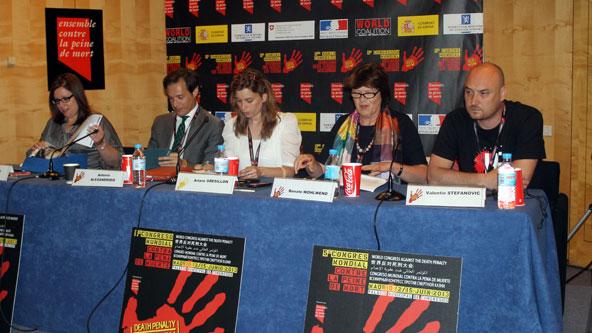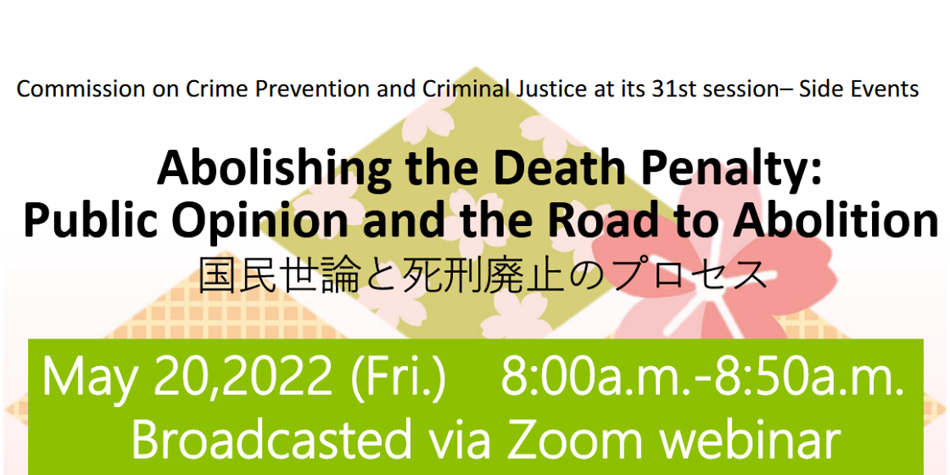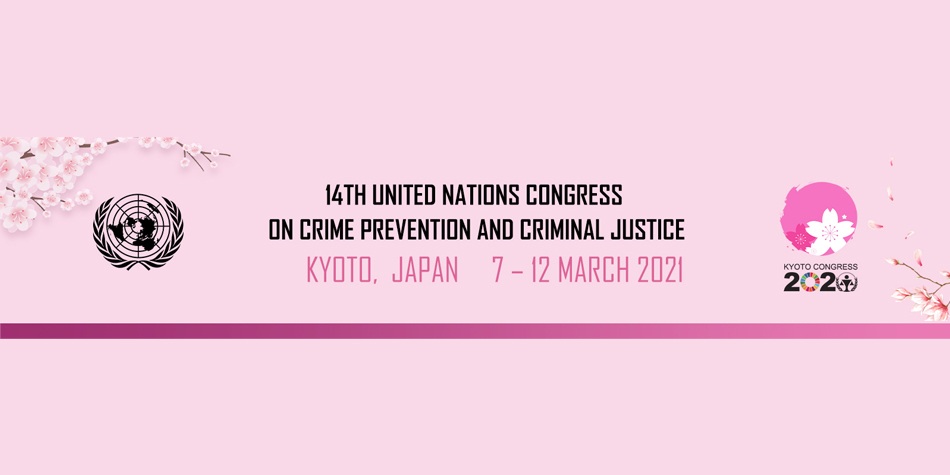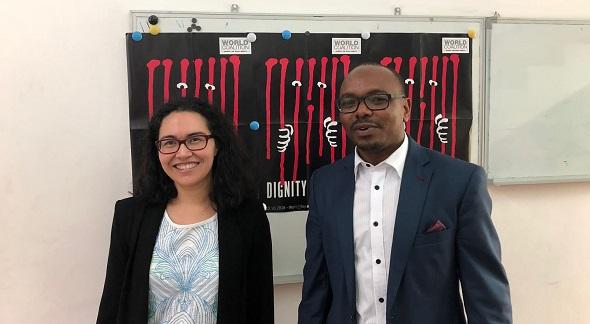
EU regrets difficulties in dialogue with Belarus
World Congress
The representatives of the European institutions who had gathered for the 5th World Congress against death penalty said they were satisfied with the resolution on Belarus which had been approved on their initiative by the UN Human Rights Council on June, 13th.
Through this document, Brussels reaffirmed its position against the only state where the death penalty is applied on the continent. Despite the European Union’s (EU) willingness to support abolition in the country, it has been proved very difficult to establish a productive dialogue with Minsk.
Valentin Stefanovic (video, left), representing Viasna – one of the rare active human rights associations in the country – shares Brussels’ frustration even though that doesn’t prevent him from continuing the fight from within.
The Belarusian activist declared that the main obstacle to abolition had nothing to do with the population’s alleged support of the death penalty, but rather with the absence of any political will to launch a complete reform of the system.
“Since data is often manipulated, we don’t need another poll to know whether society favors this practice or not,” he said. “We have to educate, train and supply the population with the right tools so that it can make up its own mind. The problem is that this issue is no longer at the center of debates.”
48 executions since 2000
The current legislation in Belarus includes 12 capital crimes. Following the dark 1990s, during which more than 300 executions were carried out, the number of executions dropped to 48 between 2000 and 2013 thanks to the introduction of life prison sentences in the criminal code.
The country’s authorities maintain a political culture of secrecy. The families of those convicted do not receive any information regarding the date and place of the execution and do not get their relatives’ bodies back.
The European institutions joined Valentin Stefanovic’s request for a moratorium on executions. To act, Brussels has a large number of instruments at its disposal. “We resort to public diplomacy, to the practice of “naming and shaming” (which consists in clearly condemning the practices we do not share). We also have a delegation in Minsk that frequently files complaints on human rights violations,” Antonis Alexandridis, a member of the European External Action Service, explained.
A very strict policy
“We are not always specific and determined enough in our role of Human Rights leader,” Antonis Alexandridis declared. “However we implement a very strict policy regarding the death penalty. With all due respect to our interlocutors, this issue is still at the heart of our conversations.”
Luigia de Gisi, the Director of the European Commission’s Death Penalty Program, recalled nonetheless that EU institutions can only actively support local initiatives and that it is up to each country itself to achieve abolition.






